Biosketch
Giulio obtained his BEng in Electrical Engineering from the University of Palermo, Italy, with a thesis performed working with the Clinical Engineering Unit of the H San Raffaele G. Giglio di Cefalù foundation, on the optimisation of ultrasound systems management. Subsequently, he joined the Neuroengineering Biomedical Research Group (nBIO) of the Universidad Miguel Hernández, Spain, for a research experience. Giulio then obtained an MSc in Mechanical Engineering at the University of Palermo, Italy, with a thesis entitled: ‘Optimization of an instrument for diagnostic investigations in Endoscopy’ and established a scientific collaboration with the Institute of Physiology of the same university. He obtained the PhD title of Doctor Europaeus at the University of Palermo, Italy, on a collaborative project involving Ri.MED Foundation and University College London (UCL), UK, aimed at studying the biomechanics implications of atrial fibrillation. Giulio currently holds the position of Post-Doctoral Researcher in Cardiovascular Engineering in the Group of Bioengineering & Medical Devices at Ri.MED Foundation.
Scientific Activity
Giulio’s work has focuses on the study of atrial fibrillation, on the mechanisms that affect the hemodynamics in the left atrial appendage and the related thromboembolic risk. More generally, Giulio investigates the pathophysiological mechanisms that involve cardiovascular mechanics, both through numerical approaches, such as fluid-structural simulations, and through the in vitro modelling of complex physiological systems. Giulio’s research activities also include the development of new tools, design optimisation of medical devices and preclinical testing based on regulatory requirements. Giulio is currently involved in the creation of an in vitro system able to replicate and analyse the different pathophysiological conditions responsible for mitral insufficiency.


